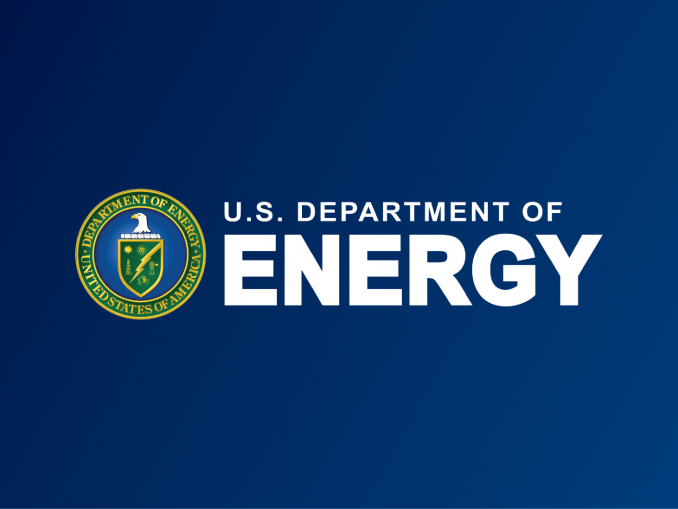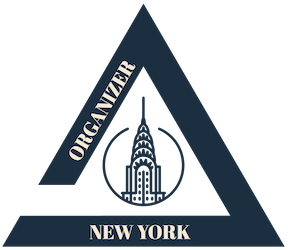
Thank you to Director General Grossi and his team at the IAEA for convening us. I want to also thank Australia and Kazakhstan, the Co Presidents of this year’s ICONS.
We regret the loss of life in the recent helicopter crash in Iran.
We’re gathering this week to promote our collective efforts to strengthen the global nuclear security architecture in a time of great change—both positive and negative.
Since the 2020 ICONS, the world has taken steps to confront the threat of climate change through an expansion of clean nuclear energy; most recently at COP28, during which 25 countries committed to a tripling nuclear energy by 2050.
At the same time, Russia’s forcible, irresponsible seizure of Ukraine’s Zaporizhzhia Nuclear Power Plant has also served as a stark reminder that nuclear security and emergency preparedness require urgent and continual attention and action.
We deeply appreciate the commitment and courage of the Director General and the IAEA as they support nuclear safety and security and to implement safeguards at Ukraine’s nuclear facilities.
Because public confidence requires that nuclear technologies are safe and secure, we all need a renewed determination to protect nuclear facilities and material and to support emergency preparedness.
Against this backdrop, Iran’s decision to break with long-standing consensus language, which they have also done in other Vienna-based forums, is even more regrettable. Compromises, not ultimatums, are key to the famous spirit of Vienna.
We thank the Co-Presidents for their tireless efforts toward a consensus Ministerial Declaration. The United States is pleased to align itself with the Co-Presidents’ Statement.
Last year, President Biden released a new national strategy to Counter Weapons of Mass Destruction Terrorism, building upon the decades of success in reducing, eliminating, and securing nuclear and other radioactive materials.
Since ICONS 2020, the United States has made important strides towards these goals:
With our partner Belgium, we converted the last major producer of the medical isotope molybdenum-99 from highly enriched uranium to low-enriched uranium targets. In doing so, Belgium joins Australia, the Netherlands, and South Africa in switching to LEU for Mo-99 production, enabling the United States to fulfill its pledge to cease exports of HEU for medical isotope production.
Through collaborative efforts with international partners, including Canada, France, Japan, Kazakhstan, and the Netherlands, we removed or confirmed the disposition of over 160 kilograms of weapons-usable nuclear material.
In 2023, the U.S. Department of Veterans Affairs – the largest hospital network in the United States – replaced all of its high activity radioactive sources with less risky and more capable X-ray devices. Jordan and Uruguay have taken similar steps to remove all their Cesium-137 devices.
And the United States also hosted our second International Physical Protection Advisory Service mission. We encourage all countries to join with us and the most recent IPPAS hosts, Bangladesh, Kuwait, Nigeria, Romania, and Zambia to take advantage of this invaluable advisory service.
To meet our net-zero emissions goals, the United States is prioritizing the design, development, and deployment of advanced nuclear technologies, including advanced and small modular reactors, that incorporate the highest standards of nuclear safety, security, and safeguards.
These technologies promise to be critical tools for realizing the global expansion of peaceful nuclear energy and combating climate change. But they can also add to fissile material stockpiles and lower the barrier to nuclear proliferation.
That is why the United States is committed to avoiding the production, use, and accumulation of weapons-usable nuclear material and the use of these materials in new nuclear fuels, where technically and economically feasible.
We are also working to provide a licensing pathway and technology-neutral frameworks for U.S. advanced reactor designers to enhance safety, security, safeguards, and proliferation resistance.
Our partnership with the IAEA will be essential to our success in simultaneously realizing the benefits of the next generation of nuclear energy, while reducing nuclear proliferation and security risks.
Similarly, we must also work together to proactively manage risks associated with other advanced, emerging technologies without reducing their benefits.
Artificial intelligence is a tool that has enormous potential to advance innovation, but we must shape its application so that we can contain any associated risk.
That is why President Biden has taken historic steps to responsibly advance safe, secure, and trustworthy AI and we welcome international partnership on this important endeavor.
In today’s interconnected world, nuclear security requires a collective commitment, including delivering the resources needed by the IAEA to support its nuclear security guidance, peer reviews, and advisory services.
Since ICONS 2020, the United States has contributed nearly $80 million to the Nuclear Security Fund.
We have supported the IAEA’s Milestones Approach by providing capacity-building to embarking and expanding countries for prioritizing the highest nuclear security and nonproliferation standards.
Let me also reiterate the United States’ full support for the IAEA’s Seven Indispensable Pillars of Nuclear Safety and Security and the Five Concrete Principles.
Russia’s reckless invasion of Ukraine is a stark reminder that some are actively working to undermine our shared interests in nuclear security. We should ALL continue to call out those irresponsible actors and actions with clarity and with one voice.
Let’s live our values through our actions: deepening our commitment to the IAEA, keeping focus on nuclear security at the senior-most levels of our governments, and reminding our industries that nuclear security is a top priority.
By working together, we’ll harness the expanding promise of peaceful nuclear technology—safely, securely, and with confidence in a brighter tomorrow. May a commitment to collective action and cooperation be what inspires us to shape the future.
The responsibility is on all our shoulders. History is watching.
Thank you.
Official news published at https://www.energy.gov/articles/us-energy-deputy-secretary-david-turk-delivered-us-national-statement-2024-iaea

